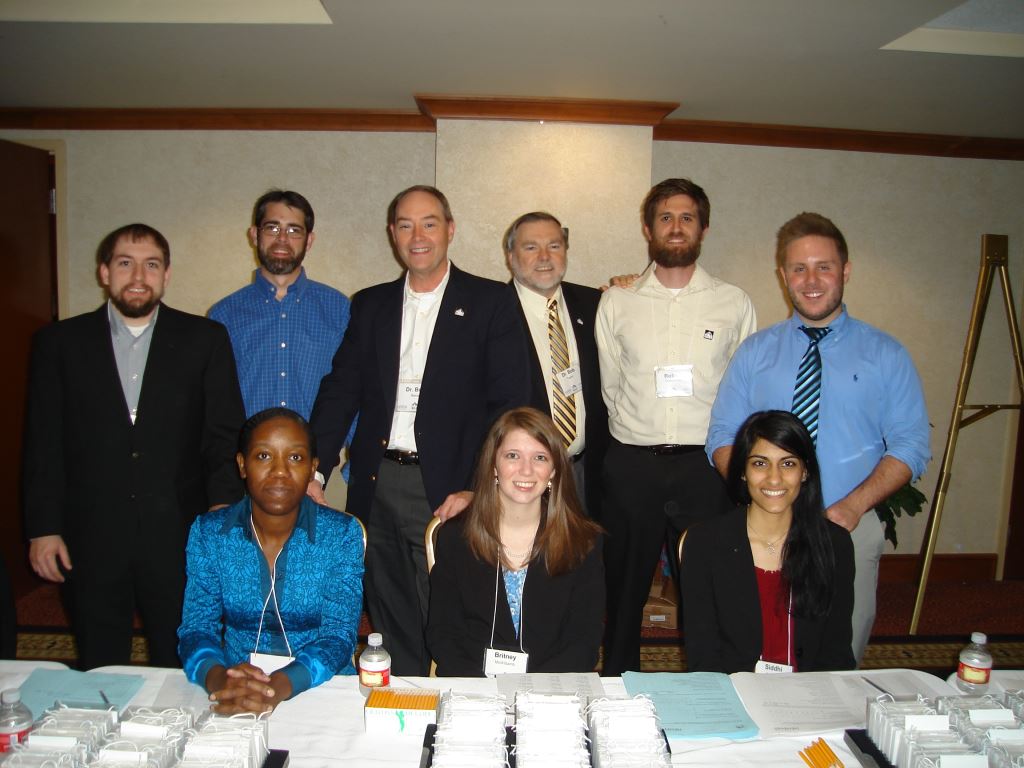
MILE Research Team
Building Tomorrow’s Leaders Through Mentoring
Read the two executive summaries below about research done around the mentor/protégé relationship.
Ethical Leadership and Followers’ Moral Judgment: The Role of Followers’ Perceived Accountability and Self-Leadership
Robert Steinbauer, Robert W. Renn, Robert R. Taylor, & Phil K Njoroge
Journal of Business Ethics
2014, Vol. 120, p. 381-392
Despite stronger ethical codes of conduct and more ethics training, unethical behavior seems to be on the rise in corporate America. Consequently, management scholars remain keenly interested in causes of unethical employee behavior. In this study we examined how mentors’ ethical leadership affected protégés’ ethical decision making. Using survey responses from mentors and protégés who participated in an eight month formal mentoring program, we found that protégés paired with mentors who practiced ethical leadership made superior ethical judgments and decisions. Specifically, mentors who practiced ethical leadership increased their protégé’s sense of accountability for ethical decisions that in turn motivated protégés to make ethics a central component of their personal leadership. When protégés combined greater ethical personal leadership with deliberate consideration of ethics they made better ethical judgments and decisions making. The study reveals the pathways through which mentoring can encourage protégés to make better ethical choices in the formative years of their careers and thus may provide a way to reduce unethical employee behavior.
Mentoring takeaways:
- Incorporating ethical leadership into mentoring programs increases protégés’ accountability for making ethical decisions and helps protégés incorporate ethics into their personal leadership early in their careers.
- Protégés who incorporate ethics into their personal leadership and who apply deliberate consideration of ethics make superior ethical judgments and decisions.
Robert Steinbauer
Dissertation
University of Memphis
Chair: Robert W. Renn
Committee Members: Robert R. Taylor, George Dietz, Mickie Kacmar
Robert’s dissertation investigates how mentors influence protégés’ moral disengagement. Moral disengagement is a cognitive mechanism through which individuals rationalize their unethical conduct to avoid self-condemnation and is an antecedent to unethical behavior. The majority of current research investigates individual differences that predict moral disengagement. Robert’s dissertation extends current research by investigating environmental causes of moral disengagement in an eight month formal mentoring program. Because mentors are a key part of a protégés “social environment,” he hypothesizes that protégés’ moral disengagement is affected by mentors’ ethical leadership skills, moral identity, moral awareness, and mentor moral disengagement. Using longitudinal data, his findings demonstrate that mentors’ ethical leadership, moral identity internalization, and moral awareness influence protégés’ moral disengagement even after controlling for protégé individual differences known to predict moral disengagement.
Mentoring takeaways:
- Mentors who practice ethical leadership and who have high moral identity and moral awareness can reduce protégés moral disengagement and improve protégé ethical decision making.
- Mentoring provides a unique opportunity to reduce protégés moral disengagement and shape protégés ethical conduct early in the formative stages of their careers.
